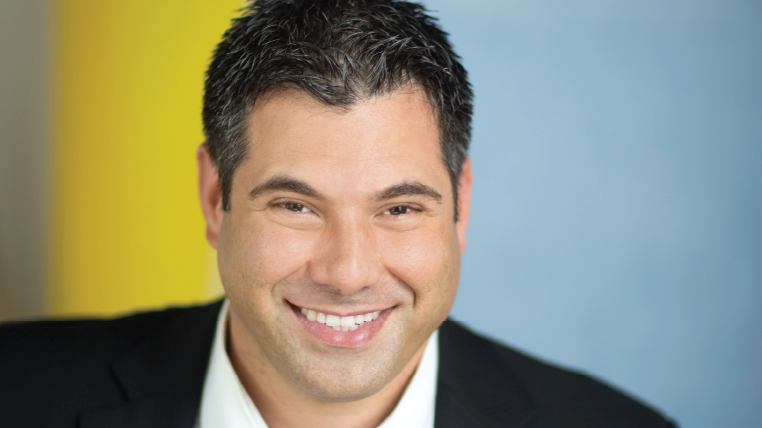Omid Veiseh, assistant professor of bioengineering (BIOE) and CPRIT Scholar in Cancer Research at Rice, expects human clinical trials to begin later this year on ovarian cancer patients using the immunotherapy technology developed in his lab.
Veiseh is co-founder and chair of the scientific advisory board at Avenge Bio, the newly founded company that has licensed the technology developed to treat several forms of cancer. One site for the clinical trials will be the University of Texas MD Cancer Center in Houston.
“We’re aiming at patients with refractory/recurrent ovarian cancer,” Veiseh said. “Most are diagnosed at a late stage and given a poor prognosis. We’re focused on significantly improving the current standard of care with the goal of long-term, durable remissions.”
Veiseh co-founded Avenge Bio with Michael Heffernan, president of Collegium Pharmaceutical, and Paul Wotton, CEO of Obsidian Therapeutics. The company has raised $45 million in venture capital.
Their treatment for eradicating difficult-to-treat solid tumors uses the LOCOcyte technology developed by Veiseh and Amanda Nash, a fourth-year BIOE doctoral student working in his lab. LOCOcyte begins with an allogeneic human cell line re-engineered to produce immunomodulators.
The cells are encapsulated and implanted close to the tumor, in the peritoneal cavity. They become “factories,” producing high levels of IL-2, a natural immunomodulator, for 15 to 30 days.
Ovarian cancer often goes undetected until it has spread to the pelvis and belly, when it becomes more difficult to treat. Women diagnosed earlier have higher five-year survival rates, but only about 15 percent of patients are diagnosed early, according to the Ovarian Cancer Research Alliance.
Veiseh joined the Rice faculty in 2016 after the university won a $2 million grant from CPRIT (Cancer Prevention and Research Institute of Texas) to recruit him

